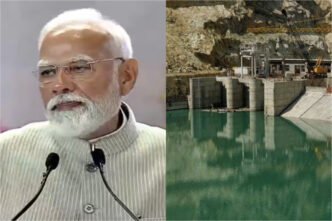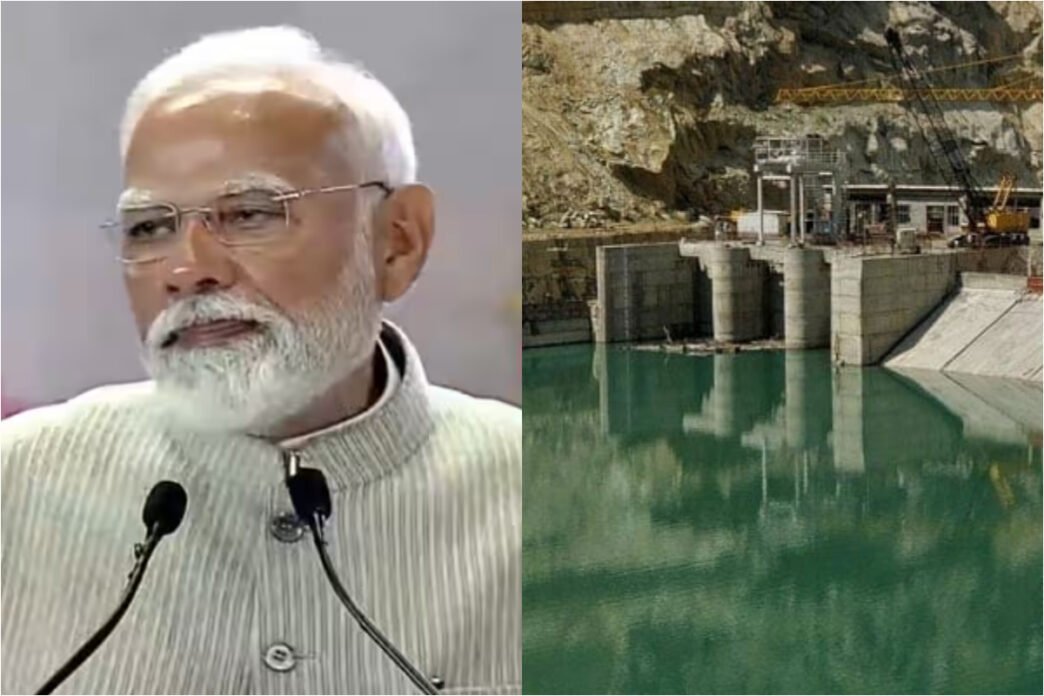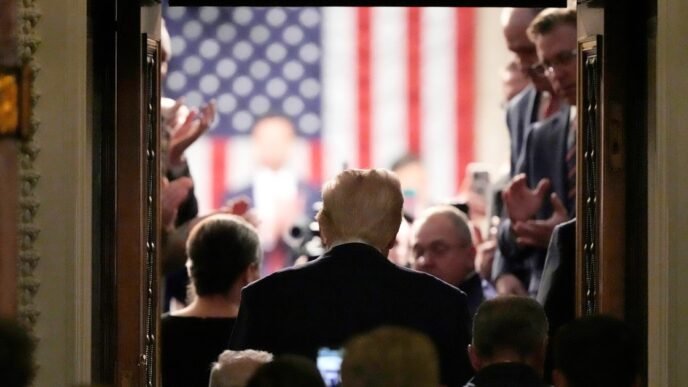- Drabu argues that India would need another 30 to 50 years to develop infrastructure.
- He cites the three western rivers — Indus, Chenab, and Jhelum.
- Drabu argues that storing or diverting the rivers is impractical.
ISLAMABAD: A prominent Indian water expert has called the Modi government’s plan to stop water flows to Pakistan futile, warning that abrogating the Indus Waters Treaty would only deepen bitterness between the two nations, The News reported.
He emphasized that India would need another 30 to 50 years to develop the infrastructure to store the water currently flowing to Pakistan.
A respected New Delhi-based think tank, the Observer Research Foundation, published an essay in which civil engineer Iftikhar A Drabu shared his views.
“Other than being held responsible for causing further bitterness… India will not gain anything for now,” Drabu wrote in the concluding part of his essay, describing any attempt to tamper with the Treaty as a “misadventure.”
It was explained by Drabu that stopping the flow of water could only be achieved by storing or diverting the rivers — both considered impractical..
Drabu pointed out that the three western rivers — Indus, Chenab, and Jhelum — contribute 80 percent (117 billion cubic meters) of Pakistan’s total water flow, enough to inundate nearly 120,000 square kilometers to a depth of one meter annually.
“If we consider this in terms of reservoir capacity, the annual water volume could flood the entire Kashmir Valley to a depth of seven metres,” he noted. “To store such an immense quantity, India would need 30 reservoirs the size of the Tehri Dam — the tallest dam in India. Where would we find such vast land areas to build them?”
Drabu highlighted the timeline by adding that engineers take nearly a decade to construct a single Tehri-sized dam. Even if construction on 30 such dams began immediately, they wouldn’t start impounding water before 2030.
“Until then, Pakistan would continue to receive the full water flow. And each year thereafter, we would require 30 new massive reservoirs to consistently block the western rivers — an utterly impractical proposition,” he argued.
Drabu described river diversion as equally “preposterous,” explaining that diverting even one of the three rivers would require building an artificial river spanning hundreds of kilometres. He noted that engineers would face massive challenges in design, construction, and maintenance. He added that such a project would demand investments worth several lakh crores of rupees, acquisition of thousands of hectares of land, and decades to finish.
Drabu pointed out that in either scenario—storage or diversion—Pakistan would not experience any tangible impact for the next 30 to 50 years. He warned that both approaches would inevitably cause catastrophic environmental consequences.
Drabu summed up by stating that even if India abrogated the Indus Waters Treaty today, Pakistan’s water supply would remain unaffected for now. He stressed that the flow of water to Pakistan would continue uninterrupted until India completed these colossal infrastructure projects.
However, Drabu cautioned that abrogation would carry significant political consequences. “With the Indus Basin supporting 90% of Pakistan’s agriculture and employing over 40% of its population, any Indian move to halt water flows would be perceived by the common man in Pakistan as an attempt to strangle his country,” he warned.
“It would arouse fear and uncertainty without causing any real water shortage — only providing ammunition to hawkish elements in Pakistan who seek deterioration in bilateral relations,” he explained. “Such a move would serve their agenda, offering a godsend opportunity to further inflame tensions between the two countries,” Drabu concluded.
Indian public rises against Modi over ‘False Flag’ claims in Pahalgam attack
A large section of the Indian public is calling the Pahalgam incident…












